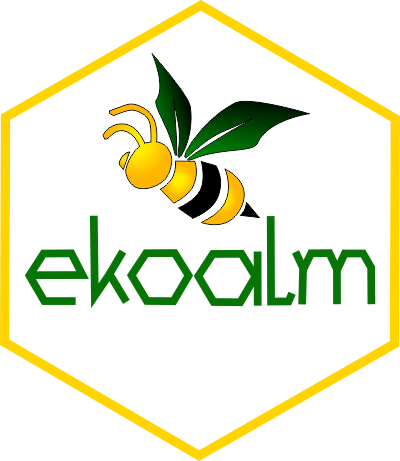The scope of individual trainings
Obtaining theoretical and practical knowledge in the scope of the apiary economy:
- Types of apiaries
- Apiary sites
- Seasonal apiary work
- Preparing bees for wintering and bee wintering
- Spring bee flight, spring review and accelerating the spring development of colonies
- The use of beehive devices
- Controlling the development of a bee colony
- The influence of a swarm on honey production
- The use of spring and late summer nectar flow
- Honey harvest
- Combating robberies and saving trunks with drones
- Proliferation of bees
- Monofloral and polyfloral honeys, nectar and honeydew honeys
- Obtaining pollen baskets
- Obtaining bee bread
- Obtaining wax
- Obtaining bee glue
- Development of bee diseases and parasites, prevention and eradication
- Labour productivity in beekeeping
- Organization and economics of apiaries
Obtaining theoretical and practical knowledge in the scope of apiary equipment and tools
-
Hives
-
Small apiary equipment
-
Workshop equipment
-
Equipment for the production of queen bees
-
Pollen traps
-
Equipment for acquiring propolis
Bee products
- Bee honey
- Beeswax
- Propolis
- Flower pollen
- Bee bread
- Bee venom
- Royal jelly
- Herbal honey
Queen and drone rearing
- The importance of queen rearing
- Queen and drone rearing
- Methods of queen rearing
- Pedigree, upbringing and support families
- Marking queens
- Application of mating boxes
- Introducing a new queen bee
- Mating stations and natural insemination of queen bees
- Queen bees in the production apiary
Bees' nectar flow
-
Course of nectar flow during the growing season
-
Nectar from arable fields and orchards
-
Nectar from meadows and pastures
-
Nectar from forests and thickets
-
Nectar from housing estates, road lanes and wasteland
-
Rational use of bee grazing
-
Abundance of the foraging area
-
Improving bee’s nectar flow

